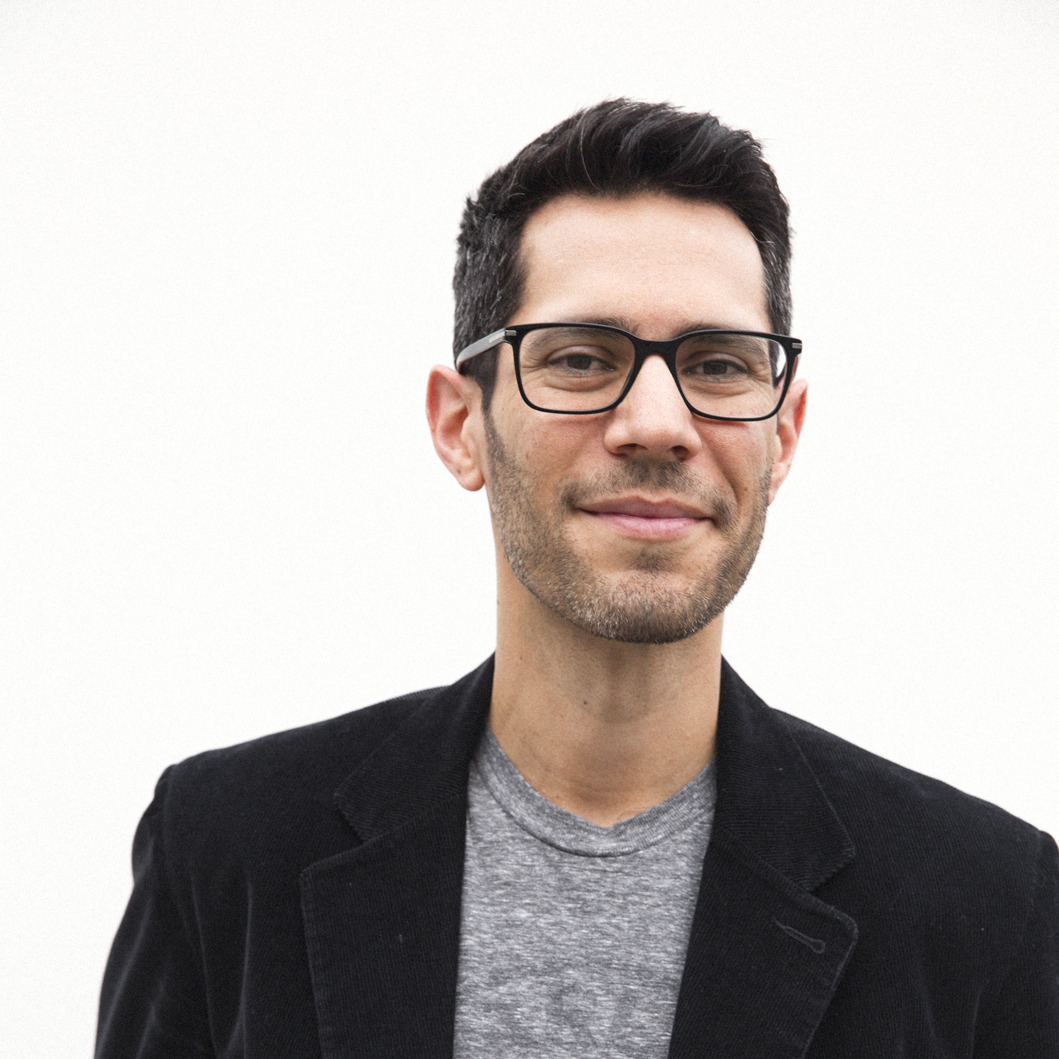
Peter Zeihan: Europe Goes Nuclear
We’ve got two major developments in Eurasia. We’re talking about Ukraine disabling two ships in the Caspian Sea and Poland getting EU approval to build…
Thought Leader: Peter Zeihan

In 2006, Ryan Dusick’s world came crashing down when he learned that the band that he had helped create and worked with for 12 years at that point was kicking him out.
Dusick, a founding member and former drummer of Maroon 5 (formerly Kara’s Flowers), recounts that day in detail in his memoir Harder to Breathe: a Memoir of Making Maroon 5, Losing It All and Finding Recovery.
Much like the title, Dusick also recounts everything that led up to his exit, the subsequent addiction struggles and how he found purpose in his work as a therapist and sharing his story in hopes of healing others.
Dusick had seen his exit coming — he just couldn’t accept it. At the time, the band had achieved rock stardom after the release of Songs About Jane. They had sold 10 million copies, traveled the world and built a tremendous fan base, so the pressure was on to create a follow-up album. The only problem was, to sum it up, Dusick has developed the music “yips.”
In his memoir, he recalled how Adam Levine initiated the conversation with the rest of the band present: “Here it is, man. I’m worried . . . I’m really worried. I just don’t know what’s going on with you and your arm at this point, and I don’t think we can wait any longer to see if you can come back from whatever’s going on . . . We have an album to make.”
“I knew that this was how it was going to end, and that it was just a matter of time. It was just the elephant in the room that we weren’t really talking about, and we were going to try to get in the studio and make another album,” he says. “How in God’s name was I going to be able to do that? And even if I could, how could anyone trust that this wouldn’t happen again when we went out on the road?”
“I was 27, 28 years old when that happened. I had been in the band for 12 years at that point. These were my best friends and people that I had been in such a tight relationship for such a long time and dreaming these big dreams, and we were finally at this moment in our lives when it was all coming to fruition, so it was impossible to really deal with the loss of all of that. It wasn’t just losing a career. It was losing my whole identity,” he adds.
At the time, Dusick wished the band had “done more” to keep him involved in Maroon 5 and their lives: “I did hold onto some anger, resentment, some of which was warranted, but a lot of it was this misdirected anger. I was really angry at myself more than anyone.”
He managed to let it go, but says that it would “come back up” as “jealousy.”
“I was in my own still ego state, struggling with everything that I was. I would go to the shows when they were in town, and I would see them up on stage playing the songs that I helped create, and a different drummer playing my parts, and seeing the lifestyle that they were living, this glamorous lifestyle, the fruit of all of the hard work that I had done for over a decade. And of course, I think it would be impossible not to feel jealous, not to feel like, why them and not me?”
After his exit from the band, Dusick fell into alcohol addiction and substance abuse: “I went through all of the cycles that an addict goes through before I finally hit rock bottom,” he says.
Eventually, Dusick had “a series of humbling experiences” that led him to “a moment of clarity.” He sought out help and went to rehab, where he found “connection” and “community.” Since then, he has led his life with purpose which motivated him to further his education and become a therapist and coach. It also motivated him to write this book — and he’s been sober through all of it.
“It’s like each phase of my recovery, as long as I’ve been focused on that next thing, that feeling of purposefulness and meaning and fulfillment, everything else is pretty easy,” he says. “I haven’t had a craving for alcohol in probably seven years at this point. Why would I do that to myself?”
He’s also played the drums but not quite like he used to because that initial reaction to “put down the drumsticks” still exists: “I still have those wounds and there’s still a lot that I can do to work on.”
As for his relationship with the band, he’s “closest” with Levine: “No matter how much time passes when we do text or we do talk eventually or run into each other at a wedding or at a Maroon 5 concert or whatever, it’s like no time has passed.”
He attended his 40th birthday party and the first night of Maroon 5’s Las Vegas residency earlier this year. Looking back on his exit and how far they’ve come since, Dusick is “impressed” by his former bandmates and feels “proud” to have been a part of it.
“[In retrospect,] I realized that that was a process I had to go through. And once I found sobriety, and once I started recovery, not just from the alcoholism, but from all of the depression, from the loss and the anxiety that ensued, a lot of that stuff went away very quickly, and I was able to find just a place of gratitude, feeling grateful for what I got to be a part of for a long time.”
He adds, “And so, that was a much healthier place to be and to live in. And I don’t have any of those resentments at this point. It’s all love. They’re still my brothers in my heart, and I’m so grateful for just the experience that I had.”
Peter Zeihan: Europe Goes Nuclear
We’ve got two major developments in Eurasia. We’re talking about Ukraine disabling two ships in the Caspian Sea and Poland getting EU approval to build…
Thought Leader: Peter Zeihan
Dr. Sanjay Gupta’s Top Health Stories of 2025
From the resurgence of measles to a new way to treat pain, 2025 was a challenge for public health while still offering moments of hope. Sanjay…
Thought Leader: Sanjay Gupta
Ian Bremmer: The state of global conflict in 2025
On GZERO World, Ian Bremmer takes a hard look at the biggest global crises and conflicts that defined our world in 2025 with CNN’s Clarissa…
Thought Leader: Ian Bremmer

